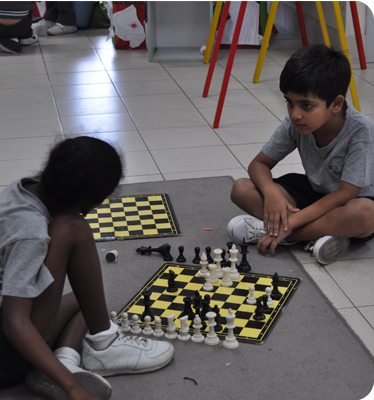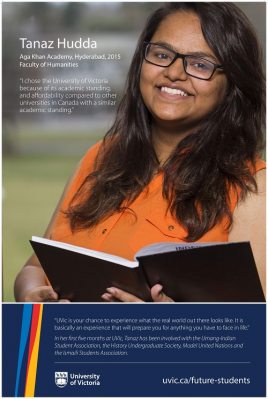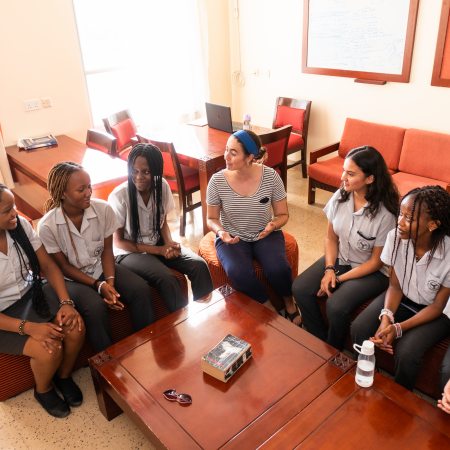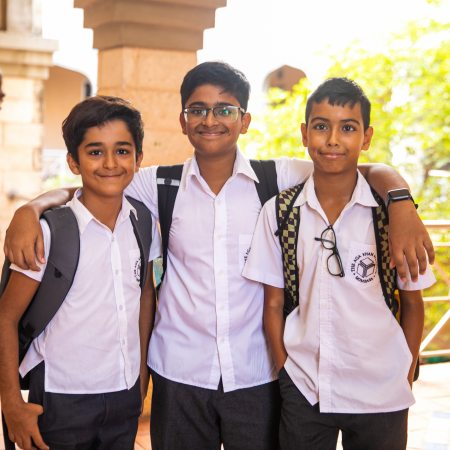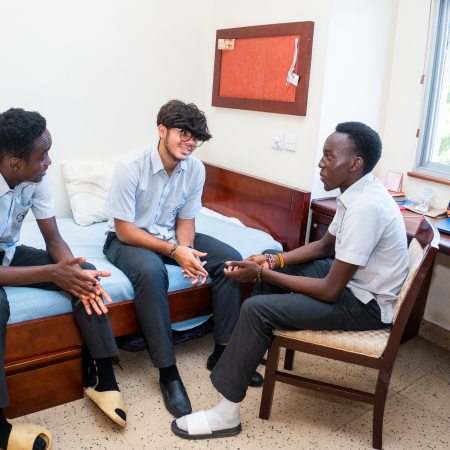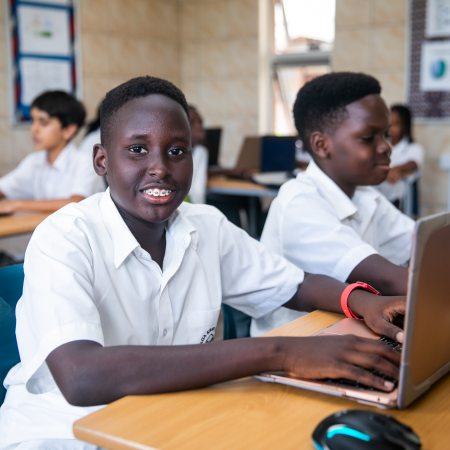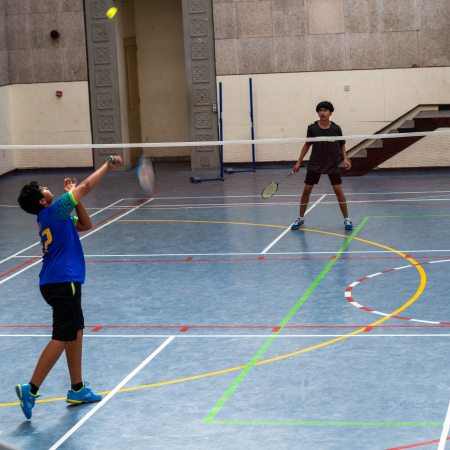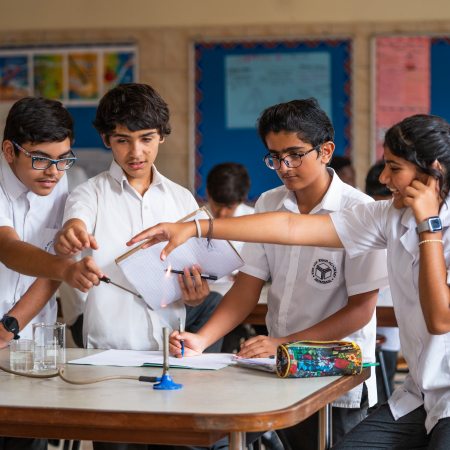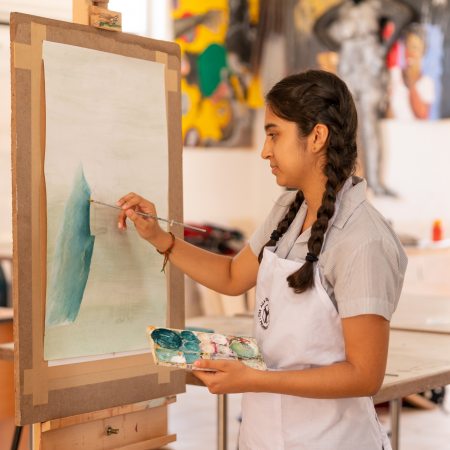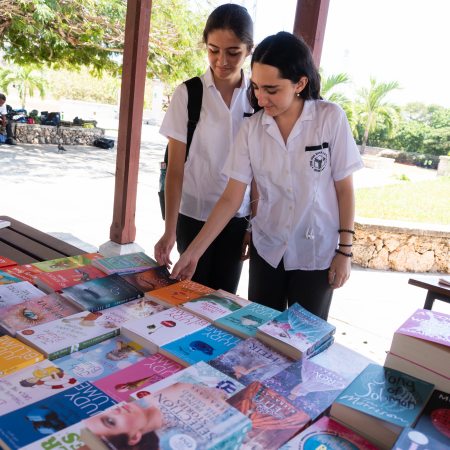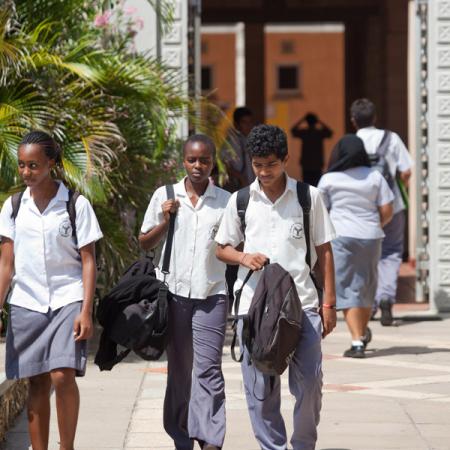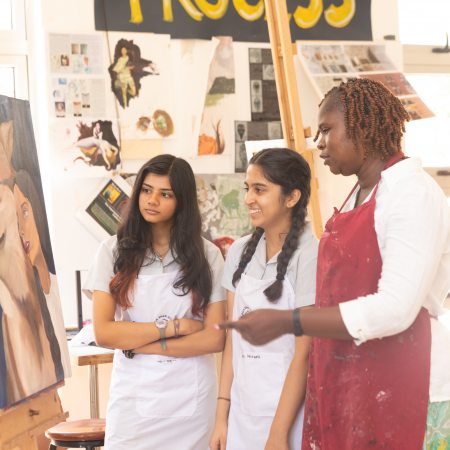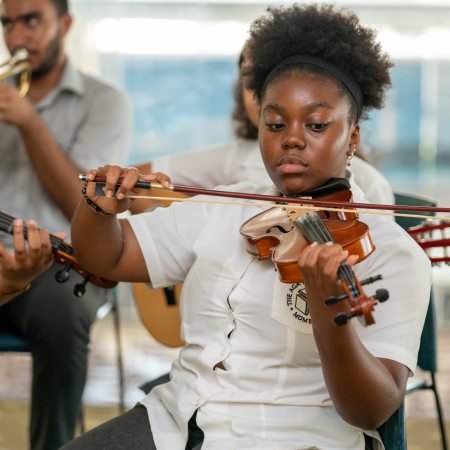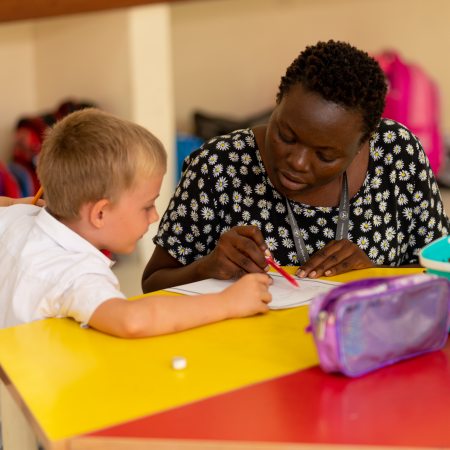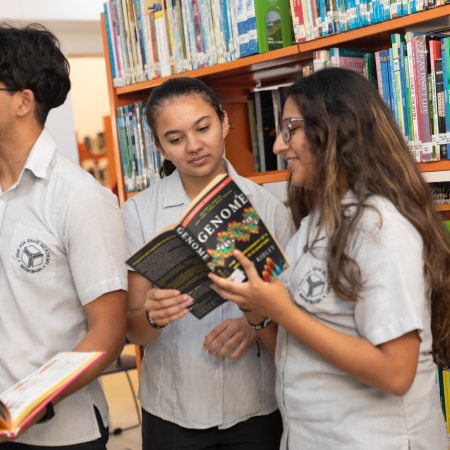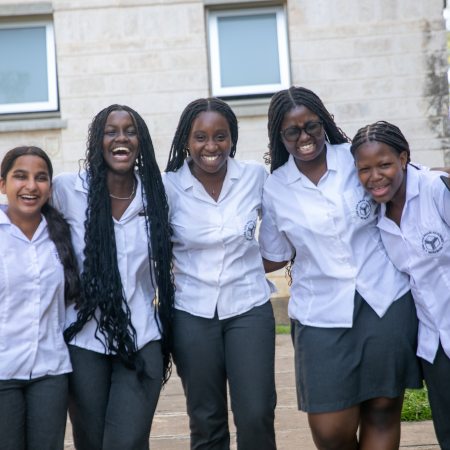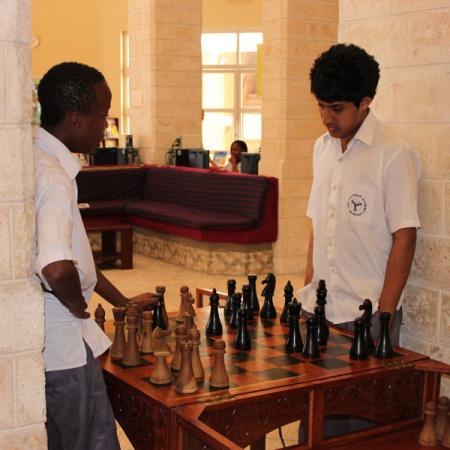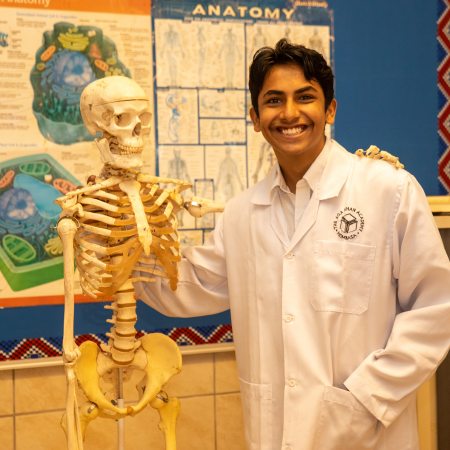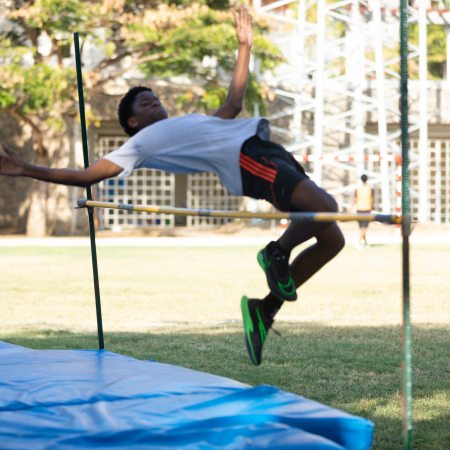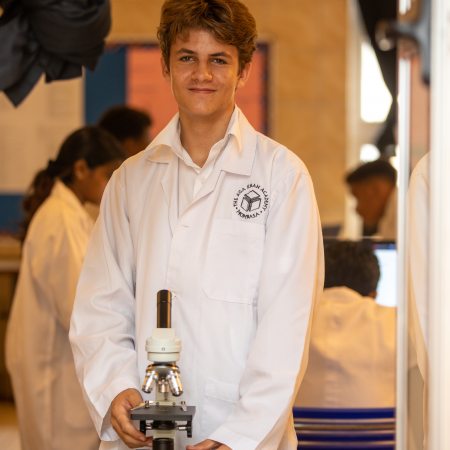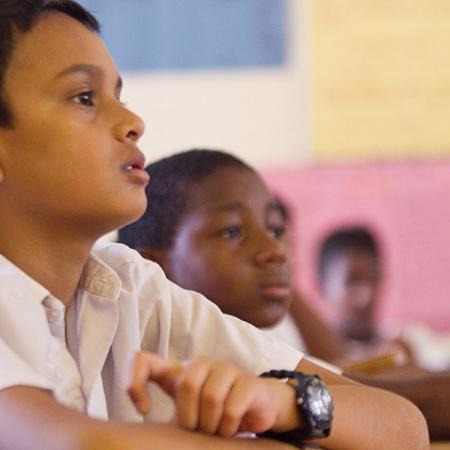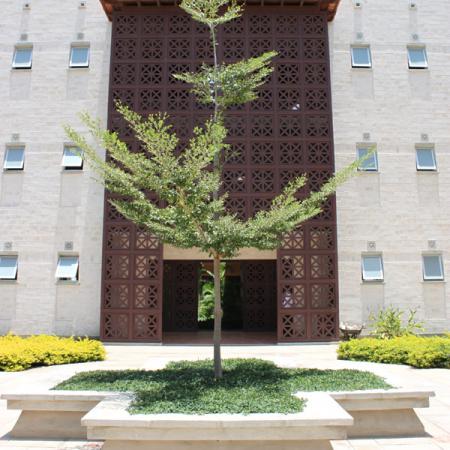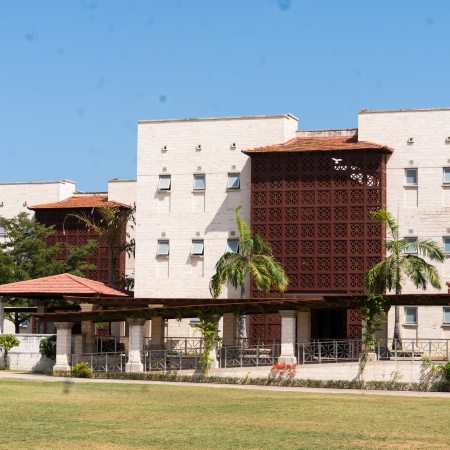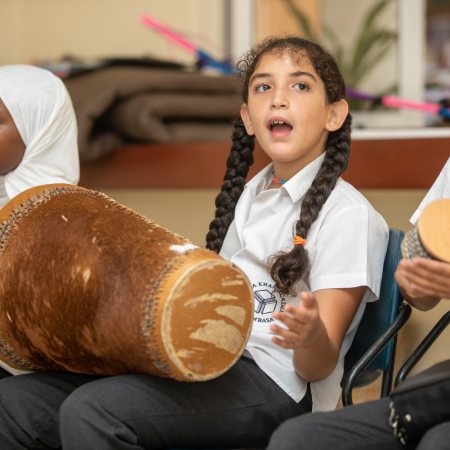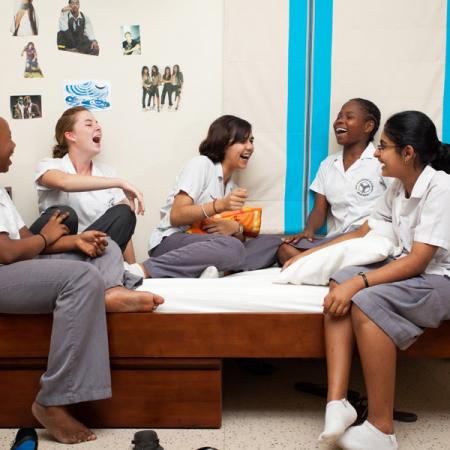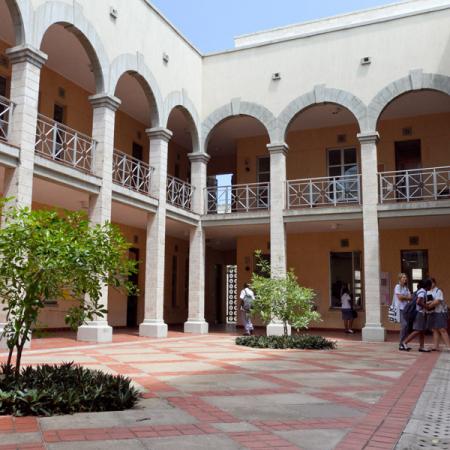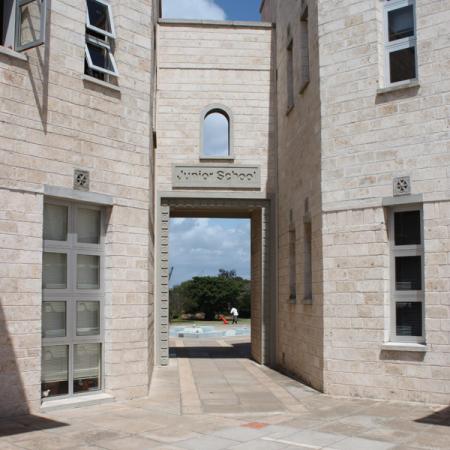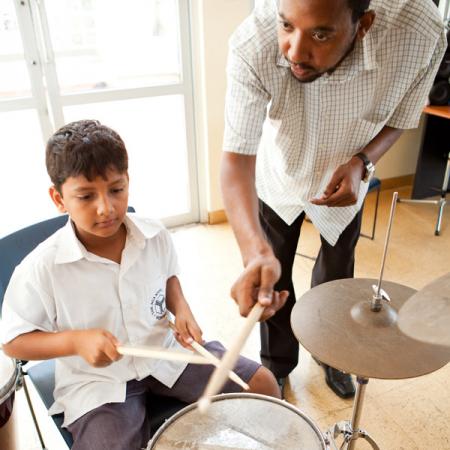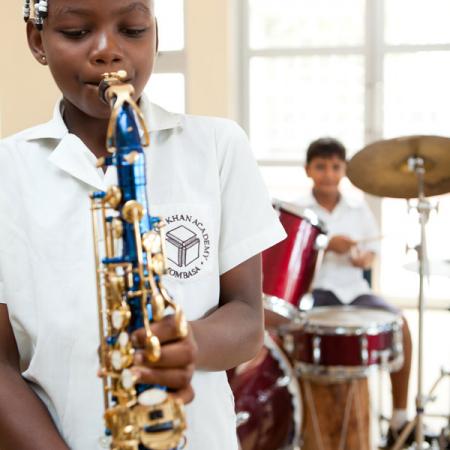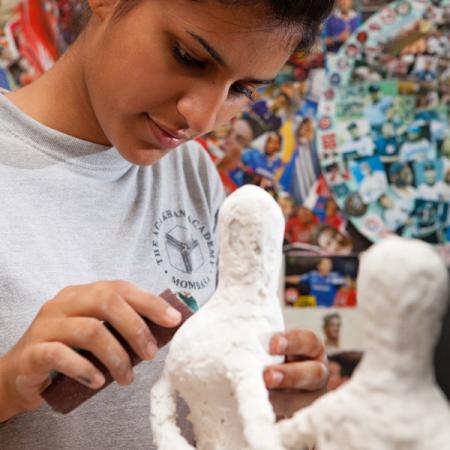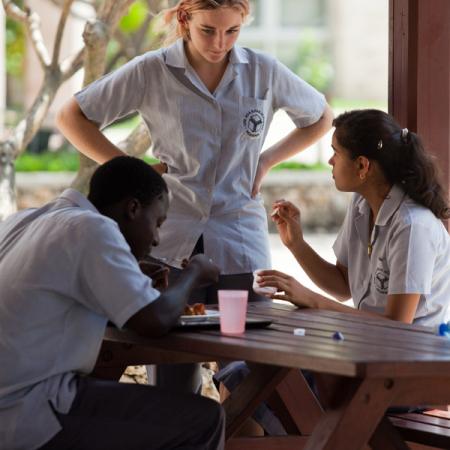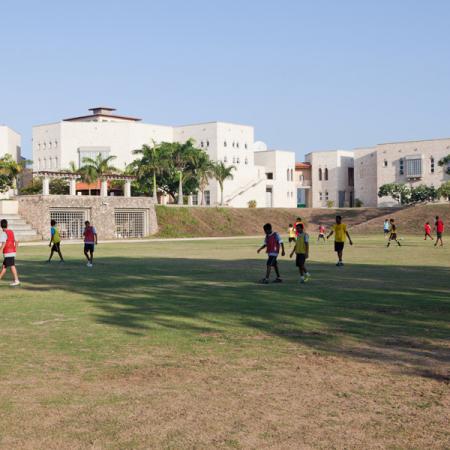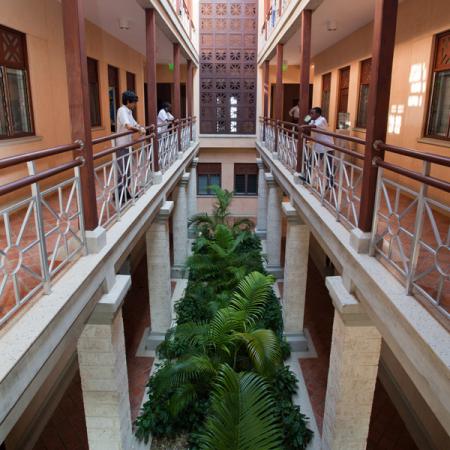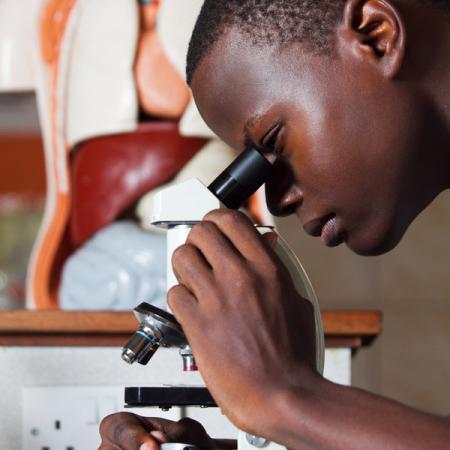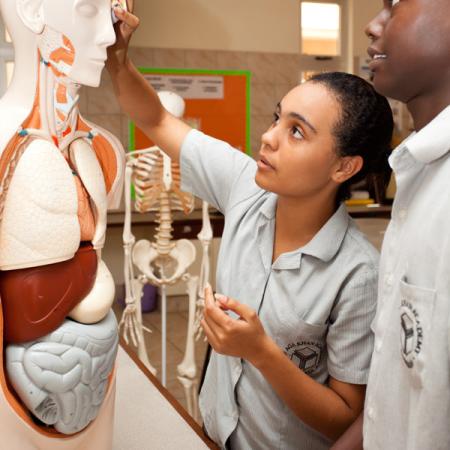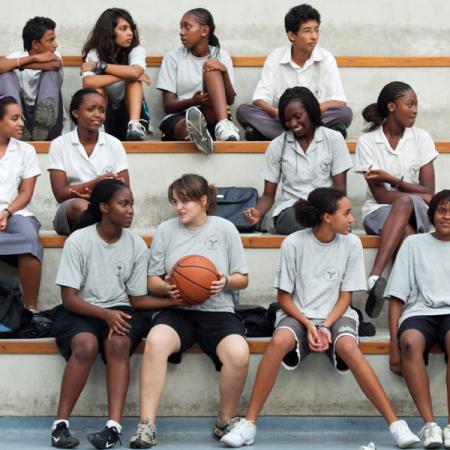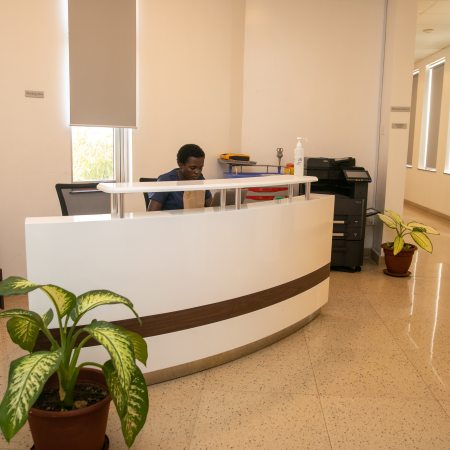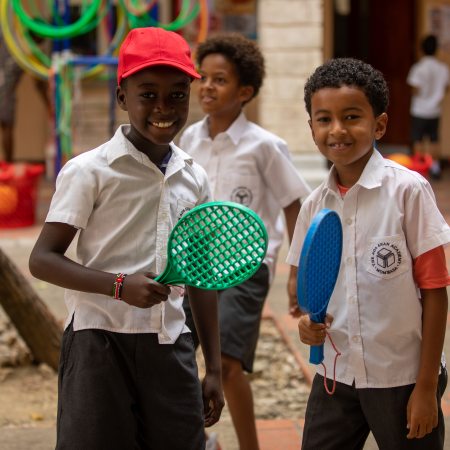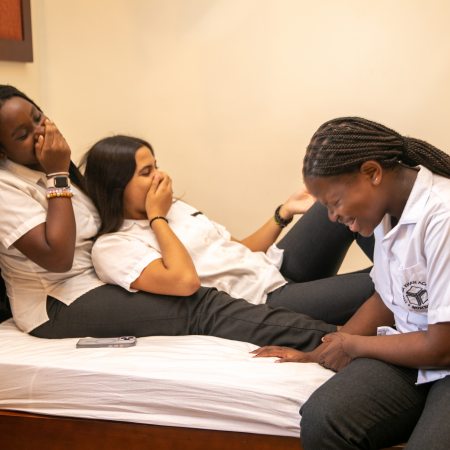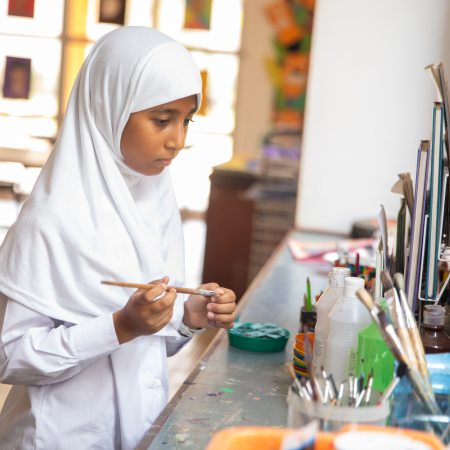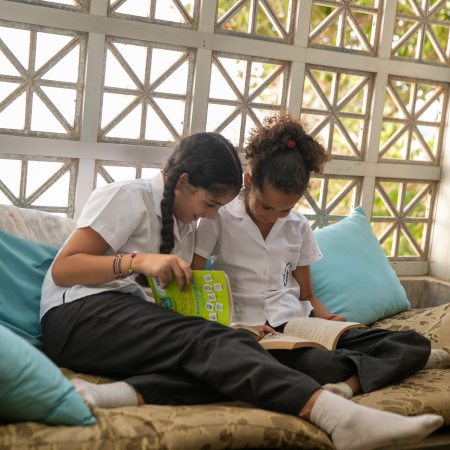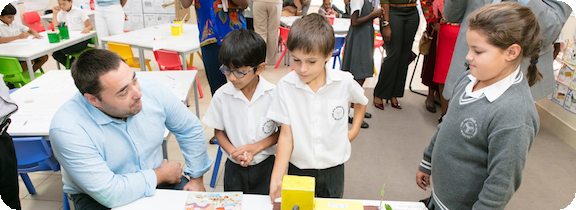
Working with Us
The Aga Khan Academy Maputo is committed to hiring the best educators and staff from within the local community, nationally and internationally. We welcome your interest in working with us and invite you to explore the opportunities available.
Here at the Academy, we recognise that the knowledge, skills and experience of our staff are a vital part of achieving our commitment to excellence. The Academy is strongly committed to continuing education for our faculty, and we provide regular opportunities for professional development.
We are also proud to offer an outstanding work environment with excellent facilities, and a unique and diverse school community.
Employment opportunities at the Academy are posted on the AKDN Career Centre. Listings are updated regularly, so be sure to check back often.
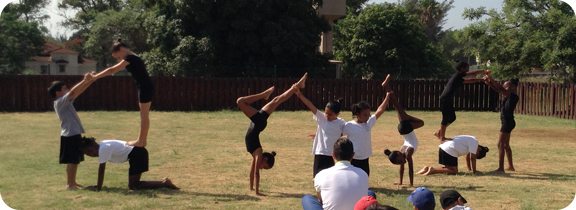
Sporting Activities
One of the goals of the Aga Khan Academy Maputo is to create principled young people with a strong sense of integrity, honesty, fairness and justice, who respect the dignity of others.
Physical education, and competitive games and sports prepare our students for real-life situations, encouraging them to take leadership roles and allowing them to tackle challenges confidently and in a spirit of cooperation.
Inter-school sports
Our students will have the opportunity to represent their school in various sports, such as swimming, cricket, rounders, basketball, hockey, netball, football and athletics.
Teams will cater to students of all ability levels.
Clubs
We will also offer a diverse selection of sporting activities for our students during after school clubs.
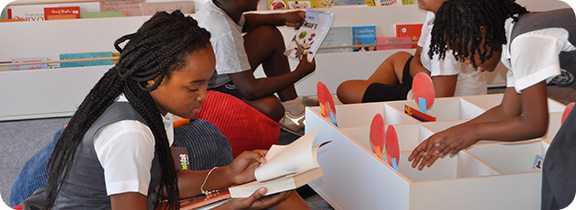
School Uniform
Click here to learn more about the Aga Khan Academy Maputo's school uniform requirements (with pictures/com fotos).
Vendor contact details:
Name of contact: Shaazia Adams
Shop address: 24 de julho nº 724 (between villa das Arabias and Óptica visual-black door entrance)
Phone number: +258 84 969 6962
Email address: customerservice.shaazia@gmail.com
Opened from: Monday to Friday, 8:00 am to 5:00 pm and Saturday, 8:00 am to 1:00 pm
For more information, please get in touch with the Academy's reception desk: (+258) 853 016 339.
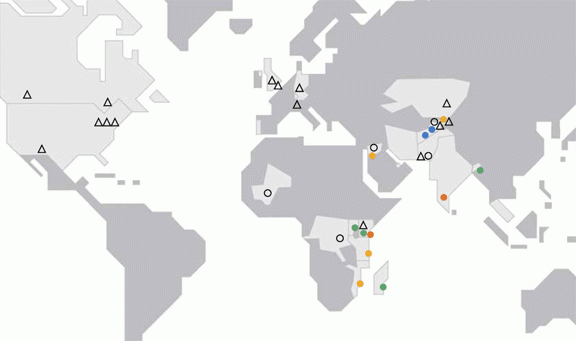
The Academies Network
The Aga Khan Academy Hyderabad is the second in a network of Aga Khan Academies being established in countries across Africa, South and Central Asia, and the Middle East. The first Academy opened in Mombasa, Kenya in 2003 and the third in Maputo, Mozambique in 2013.
The aim of the Academies is to develop future leaders with the skills and knowledge to support positive development in their societies. We achieve this by recruiting exceptional young people from all backgrounds and providing them with the highest international standard of education.
Admission is competitive and based on student merit, regardless of a family’s ability to pay. Each Academy endeavours to meet the demonstrated financial need of each admitted student.
When complete, the network of Academies will form a global learning community of approximately 18 schools in 14 countries (map). They will eventually serve approximately 14,000 girls and boys of exceptional calibre, graduating 1,500 students annually.
For more information, visit our Academies network home page.
Interview with Alison Hampshire, Head of Academy in Mombasa
Students Cinzia Torriani (year 10) and Alisha Doshi (DP1) interviewed Alison Hampshire, the new Head of Academy at the Aga Khan Academy Mombasa. They discussed passions, dreams, important themes in education and life lessons.
Hello Mrs Alison. Could you please share a brief background of yourself?
Hello girls! Of course! Well, I was born in Leeds, North of England, and I lived there until I was 17. I left home to attend the University of Sussex in Brighton, which is on the south coast of England. I studied for a music degree and was even a musician for a period of time! I then decided to train to be a teacher and started my teaching career in Brighton. After a little while, I got involved in theatre and became involved with a theatre group. I then ended up in Africa teaching, went back to England, ended up in Hong Kong, then Malaysia, and now back in Africa – Kenya more specifically.
If you were to describe yourself in a sentence, what would it be?
I think in a sentence I would describe myself as honest, passionate about education and protective. I am like a lioness and will protect the people that I am looking after, and that would include my students, my staff and my own family. My birth sign is actually a Leo, and my animal in the Chinese culture is a tiger, so I could see myself as a tiger and a lion – both loving yet protective animals.
Those are very important traits in a person. Similarly, what are the two things that you are not?
I know that I am not a mean person. I am not a very sporty person either!
Can you please tell us a little more about yourself and your family, for our readers to get to know you better? Is there something about yourself (a few interesting facts) that you would want students to know?
One of the things that perhaps people don’t know about me is that I really, really like heights, which is why I have done many activities that involve taking the risk of jumping out of an aeroplane, abseiling or even paragliding. I have done a number of things that require me to take a risk. And so, although I am sometimes hesitant, every time I have a birthday ending with 0, I like to give myself a new challenge and do something that is very difficult for me. There is nothing greater than accomplishing your goals.
The other thing is that I really like spicy food, so if I’m ordering a curry and the option is mild or hot, I would go for the hot one!
What is the most valuable life lesson you have ever learnt that you feel has had the biggest impact on you as a person?
One of my most valuable life lessons was when I was only 15. It was the first time that I ever felt that I had failed. When I was young, I played the flute and I received a distinction on every exam that I took, until I did my grade 6 (bronze level) exam where I got a merit. In the scheme of things, that’s not terrible, but it was devastating for me, and the life lesson I learned was that you have to pick yourself up, brush yourself off and try harder next time.
I was not prepared to proceed to grade 8 (gold level) until I was convinced that I was going to get a distinction, and so I worked and worked and worked and eventually that’s what happened. But the feeling I got when I was disappointed in myself was really hard, and the lesson I learnt was that sometimes you just have to forgive yourself and carry on.
What made you choose education as a profession? Is it a calling, a service, an agency or a love?
I started out as a musician and then realised that it wasn’t what I wanted to do with my life. It was selfish in a way – it was about being the best you could be, it was a very competitive environment. Also, while growing up at school, people had always said to me that I was such a good teacher. And so when the music didn’t work out as a profession, I looked to other options and tried many things out before deciding to be a teacher, but when I finally did decide to be a teacher I knew it was the thing I should have been doing from the beginning.
What values do you promote in terms of a learning environment?
I find that English literature provides all sorts of scenarios by which students can engage with issues and also aids in developing empathy. And I think that, as an English teacher, the important thing you need to develop is for students to be able to step inside another world and think about the lives of others.
And so the novels that I choose would possibly be about those that have challenging themes. I remember teaching To Kill A Mockingbird in a school which was entirely white, to help a rural British community understand the challenges of the themes in that novel. It was a very interesting experience. I also find that this is what literature can do – it can help us to see other people and other people’s worlds, and help us develop our understanding of different perspectives and ideally empathy for others.
I completely promote pluralism – it is also one of the main things literature can do. I remember having read the Chinua Achebe trilogy, and it was the beginning of my love for stories, literature and the love for Africa as well.
Why the Aga Khan Academy Mombasa?
Mostly because of the vision and the mission of His Highness. I completely believe that education is about empowering young people and that it is about change. I have always felt that I have gone into education to make a difference, not necessarily one that I can make but one that can be made through the lives of others through young people. And so, when I came across the mission and the vision of the Academy, it really seemed to synchronise with my own values. The other attraction was that having lived in Africa for my very first posting outside of Britain, the thought of returning was very exciting.
The community of students here is one that I felt was interesting to join. To be honest, in the past I have never worked in a situation where there were local teachers in an international school – it has mostly been expatriate teachers, and I found that to be a very exciting prospect.
What is something you have never done before and you may be able to do here in Mombasa?
I have never eaten a whole lobster! Actually, I would love to learn how to kite surf over the next few years. I would also really like to go and find some great African music and spend a whole night dancing!
What is your take on the students at the Academy, based on your interactions with them thus far? Do they measure up, in terms of mindset and potential, to those you have experienced in the west?
I think it is really hard to generalise a whole student body, especially with the regard to the fact that I have mostly taught in the east in Asia rather than in the west, but there is definitely a big difference between students in England and students I have taught in an international setting.
I have found that students here are really open and really social, very welcoming, and they seem quite interested in the adults in their lives. They are polite and also seem to be inquirers. My most intense experience was when I went on the DP1 trip, and I felt that the level of interaction the students had with each other showed great compassion with one another. They asked great questions, seeming to be very interested and open-minded, which are very good traits.
Is there a favourite quote or saying or aphorism – a thought that you live by, a statement that encapsulates your personal view?
There is a quote by Gandhi which I live by, and it encapsulates my personal view. It is basically about self-esteem and states that nobody else is in charge of your happiness, other than yourself. It is “Nobody can hurt me without my permission”. I think that how you react to a situation is in your control, and over time I have learnt that it is nobody else’s power to do anything to you; physically they can, but emotionally how I react is how I am – which is the lesson I have learnt.
Finally, is there anything else you’d like our readers to know about you?
The really important thing that I would want to let everyone know is that I am having a lot of fun so far, and I am really enjoying my time here, and I hope that carries on.
Tanaz Hudda (Class of 2016): Poster girl for University of Victoria
Another lesson that is helping her through university came from one of her Academy teachers. "My teachers were my support system throughout my time at the Academy. One of my favourite teachers who pushed me harder and harder whenever I would perform well or sometimes not so well was Dr. Karuna Arya. I think she instilled this idea in me that one can always do better, even if it appears that you are the best at it. I genuinely cannot forget that lesson as it has helped me so much in the past few months at university." Tanaz also relied on the Academy's staff for help with university choices. "Choosing the kind of university that would suit you the best is always difficult. I had many questions and I had no clue where I would rather go as all universities seemed appealing. For me, the two things that mattered most was affordability and coop opportunities in the field of humanities. I was able to narrow down the list with the help of our University Counsellor, Ms. Pragati, and that made a huge impact on my university choice."
Even though Tanaz has found that Canada can offer her the best career opportunities she believes that giving back to her country and settling down in India is more important. "That connection is what motivates me to study harder and then settle in India to contribute to the greater good of the place I come from. The Academy taught me to strive for excellence, work for the community and be involved in as many extra-curricular activities as possible, as well as never forget where you come from. Giving back to the society has been my goal ever since I joined the Academy and would definitely influence my plans for the future." While at the Academy Tanaz volunteered at a local residential school and helped organise different events for the children there. This and other service projects, such as her volunteering in Nairobi, has convinced Tanaz of the importance of education for India's future, especially in rural schools.
Not only is it important for students to have an education but she also stresses the importance of a 'proper' education. "I have visited many local schools which have neither resources nor adequate training to teach kids what they are supposed to learn. I feel that education is the only chance we have to transform how the nation thinks and that needs to be instilled in rural areas, because India lives in its villages. No education and most of all, improper education could be dangerous in creating false knowledge and sometimes continuing the social evils that exist in a society. Hence, I would focus on making the education system better."
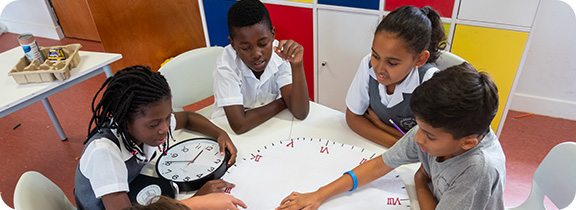
Academic Programme
The Aga Khan Academy Maputo is currently open for Nursery, Junior and Senior School students. We offer an education of an internationally recognised standard of excellence to prepare students to become intellectually curious, global-minded citizens of the world.The Academy programme develops students who are committed to positive change and are able to understand and analyse complex issues of local, national and global significance.
Our curriculum is built on the framework of the International Baccalaureate (IB). The IB is a thorough, multidisciplinary curriculum that fosters:
- intellectual curiosity
- creativity
- leadership development
- social consciousness
- a pluralistic sensibility.
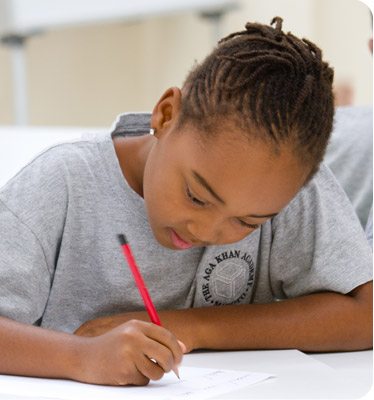
The IB is also known for preparing students for admission to the best universities in their own countries and abroad.
Our focus is on developing students' critical thinking skills and the ability to analyse issues. We also emphasise multicultural understanding and awareness. One of the ways in which we help our students develop skills for ethical leadership is through the Aga Khan Curricular Strands. These are cross-disciplinary areas of study that have been developed for the network of Aga Khan Academies.
Overall educational programme
Our curriculum is complemented by co-curricular, athletic and community service initiatives. The overall educational programme is designed to educate well-rounded, civic-minded individuals. It enhances students’ academic excellence, leadership skills, sense of civic responsibility, understanding of global issues, and analytical and study skills. The programme also reinforces an understanding of local languages, history, cultures and environment.
After completing the full Academy programme, students will be expected to be computer literate and have a thorough understanding of the diverse academic disciplines covered in the IB curriculum. They should have mastered at least two languages, including English. Through the planned international exchange programme, our students will be able to enhance their foreign language learning and appreciation of other cultures.
Our graduates thus will be well prepared for the rigours of higher education and to pursue opportunities in an increasingly interdependent world.
For further information on the programme currently being offered at the Aga Khan Academy Maputo, please visit the Primary Years Programme and Middle Years Programme pages.
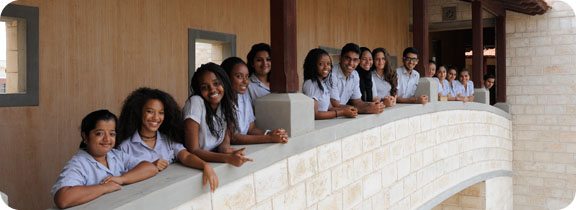
Bridging Global and Local
The Aga Khan Academies provide a globally relevant education, notably through the Aga Khan Curricular Strands (AK Strands), co-curricular offerings and student life. Students are exposed to global themes that emerge from the local context within which students live and learn.
The curriculum is based on the International Baccalaureate (IB) programme, and the overall Academies educational programme is aimed at developing students with strong leadership potential.
The AK Strands focus on globally applicable concepts such as pluralism and global economics. Students are also instructed in English and a local language in all Academies.
Academy students will be expected to spend time on another Academy campus during their secondary school years, thus providing them an immersion experience in a different culture.
The shared IB curriculum enables student and teacher exchanges between Academies.
"A great school, will educate its students not merely to be personally successful but also to use their gifts to build their communities and enhance the common good to levels beyond our dreams."
